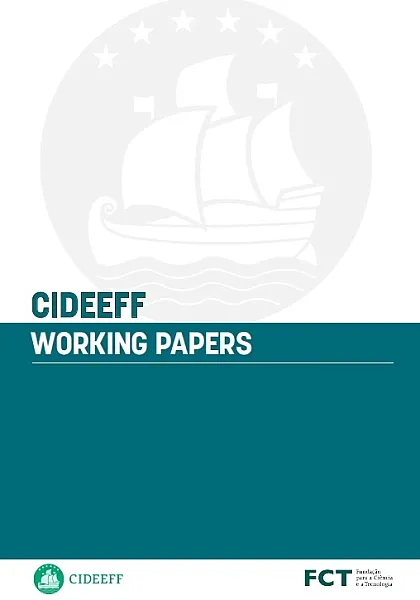Disjointed Sovereignties in the European Union and atypical interactions between monetary and fiscal policies after the sovereign debt and COVID-19 crises

In this article the author explains how the two forms of sovereignty disjointedness that can be found in the European Union – territorial and functional disjointedness - explain the atypical policy measures adopted and/or proposed after the sovereign-debt and COVID-19 crises and the atypical interaction between monetary and fiscal policies. In particular, the impact of such disjointedness is discussed when monetary policy enters the territory of non-conventional measures, and particularly when it crosses the last frontier, performing as a ‘quasi-fiscal policy’, which typically occurs in the case of debt monetization. The main conclusion is that the possibility to cross this frontier is much more remote in the case of the E(M)U (marked by disjointed sovereignties) than it is in cases of full sovereignty.
Índice
ISSN 2795-4218
Publicações recentes


